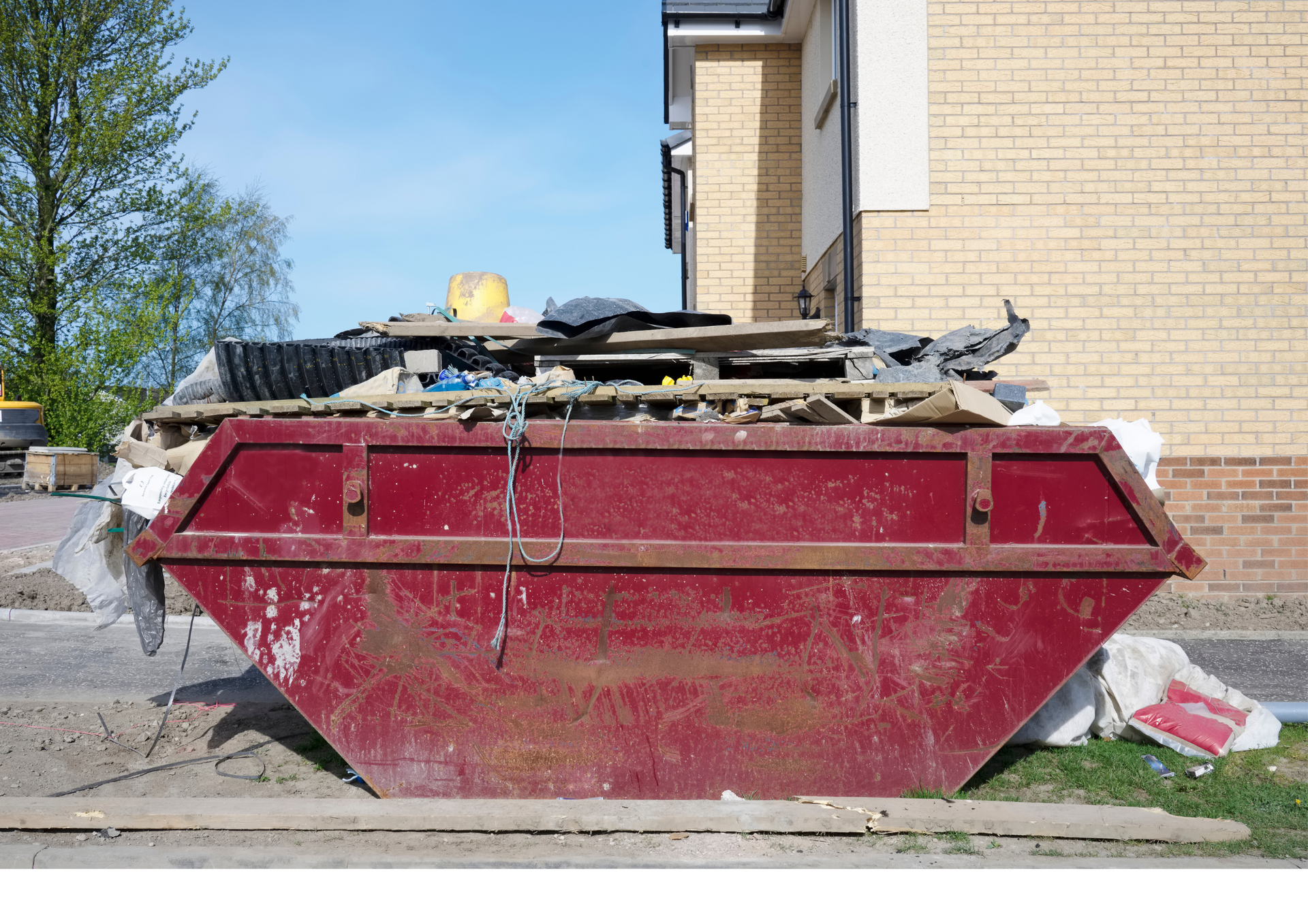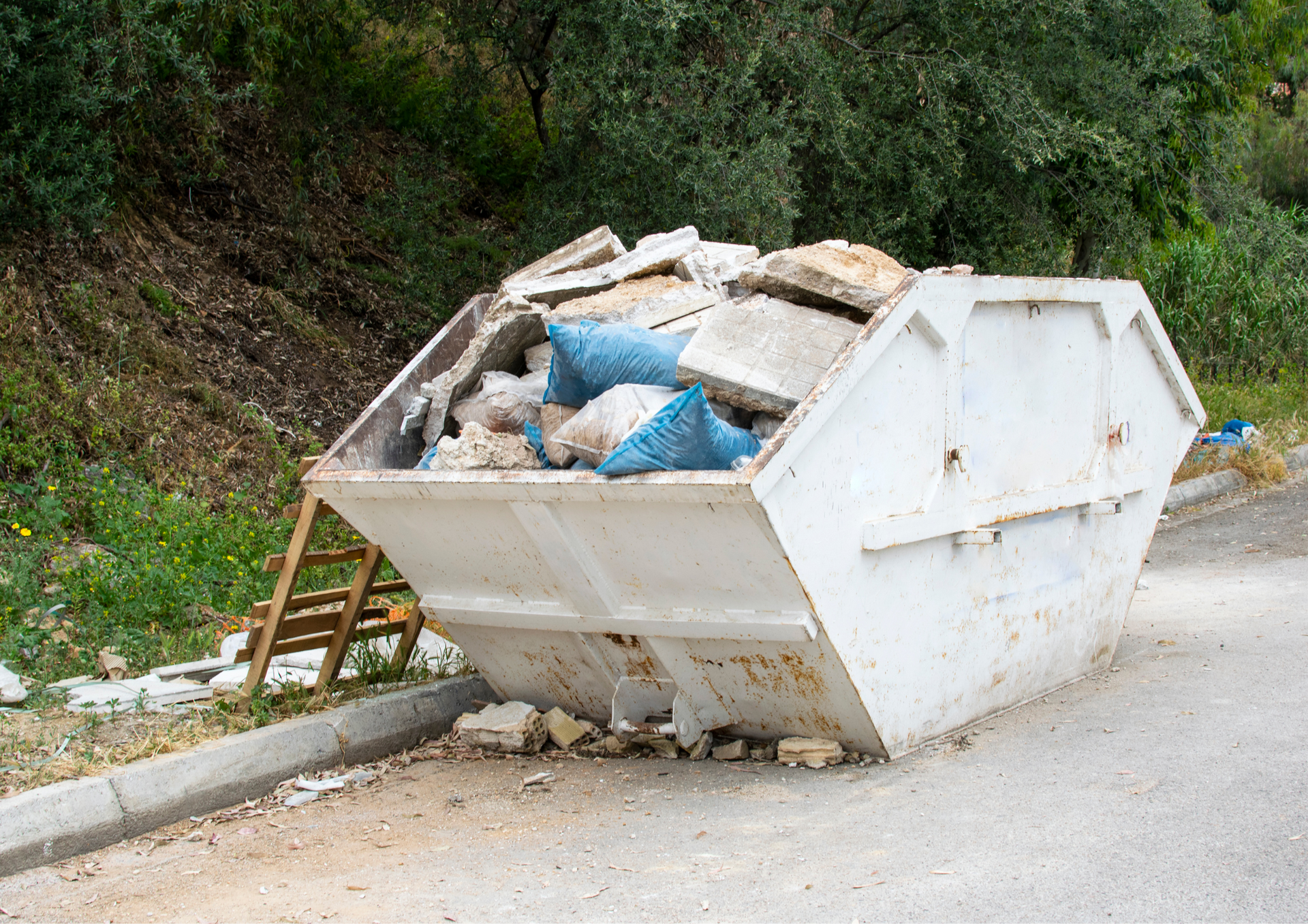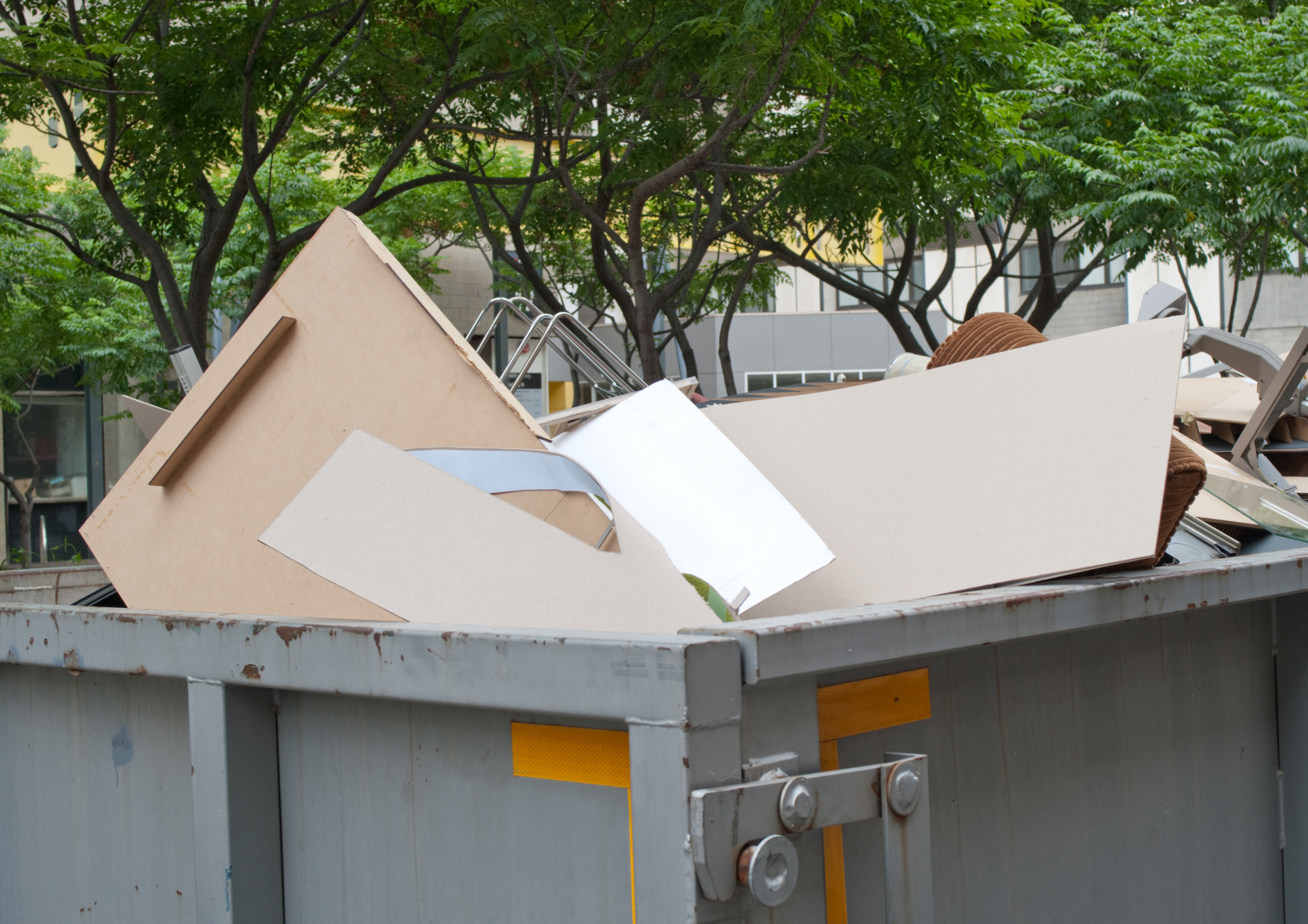Understanding Skip Hire Prices: The Real Cost Behind Your Hire
Whether you’re clearing out a house, managing a building project, or handling business waste, understanding skip hire prices can help you make smarter decisions and avoid unexpected costs. Many assume it’s just about the bin size—but there’s much more behind the price tag. From permits to waste disposal practices, every part of the process contributes to what you ultimately pay.
This guide breaks down skip hire costs and shares tips to help you save.
Understanding What Influences Skip Hire Costs
When people first rent a skip, it’s tempting to compare quotes based solely on price. But skips aren’t a one-size-fits-all service. Prices depend on a range of factors that go beyond the bin itself.
a. Skip Size and Capacity
Naturally, larger skips cost more to hire because they hold greater volumes of waste. From 2-yard mini skips ideal for small clear-outs to 12-yard builders’ skips for renovation debris, size has the biggest impact on pricing. Choosing the correct size prevents overpaying or facing additional charges for excess waste.
b. Waste Type
Different waste types require specific handling and disposal methods. For example, general household waste is cheaper to process than heavy materials like concrete or soil. Hazardous materials—such as asbestos, batteries, or chemicals—demand specialist disposal, which adds to the total cost.
c. Location and Accessibility
Where you’re based and how accessible your property is can also influence cost. Urban areas with high demand or strict regulations may attract slightly higher fees. Similarly, if your skip must be placed on a public road, most councils require a permit—an additional expense worth budgeting for.
d. Duration of Hire
Most companies offer skip for a standard period (often 7–14 days). Extending your hire will incur extra charges, so planning your project timeline helps avoid unnecessary extensions.
e. Environmental Practices
Today, responsible waste management is non-negotiable. Reputable providers factor recycling, sorting, and landfill diversion into their pricing. While these eco-friendly processes can slightly increase costs, they ensure your waste is handled sustainably and in compliance with environmental legislation.
Choosing the Right Skip for Your Needs
Selecting the correct size is more than a matter of convenience—it directly affects your budget and environmental impact. Let’s look at some of the most common sizes available and their ideal uses.
Mini Skips (2–3 yards)
Perfect for small garden jobs, minor clear-outs, or single-room renovations. They’re compact, affordable, and fit easily on most driveways.
Midi Skips (4–5 yards)
A versatile option for modest renovation projects, kitchen refurbishments, or light commercial use. They’re a popular middle ground for domestic and small business waste.
Builder’s Skips (6–8 yards)
Ideal for construction and larger home improvement projects,
builder’s skips handle bulky materials like rubble, bricks, or timber with ease.
Large Skips (10–12 yards and above)
These skips suit industrial waste, shop refits, or office clear-outs. However, due to their size, they may not be suitable for heavy waste materials.
When evaluating skip sizes and prices, think about your waste type, how quickly you’ll fill the skip, and where it will be placed. A reputable company will guide you on choosing the most economical option for your project—so don’t hesitate to ask for advice before booking.
How to Find the Best Value for Money
Not all skip quotes are equal. While everyone wants cheap skip hire, the lowest price isn’t always the best deal. It’s crucial to understand what’s included in the price and what might cost extra.
Transparent Pricing
Look for companies that clearly outline what their fee covers—delivery, collection, disposal, and permits if required. Avoid hidden costs by reading terms carefully and confirming whether VAT is included.
Responsible Waste Disposal
Recycling and proper waste segregation are signs of a trustworthy company. Providers that prioritise sustainable practices may charge slightly more, but they save you from potential fines linked to improper disposal.
Reliable Service
Delays in delivery or collection can disrupt your project schedule. Choose companies with strong local reputations for punctuality and professionalism.
Customer Support and Flexibility
Good
skip hire firms offer flexibility in hire duration, prompt communication, and tailored advice for your waste type. It’s this reliability and service quality that define true value—not just a low number on a quote.
If you’re after the best price skip bins, balance affordability with service reliability. A cheap rate means little if your project is delayed or if your waste isn’t handled properly. Look for a provider that offers a fair price for dependable, compliant service.
Practical Tips to Save Money on Your Skip Hire
While some factors influencing price are fixed, others are within your control. Here are a few practical ways to make your hire more cost-effective without compromising quality.
a. Plan Your Timing
Hire your skip during off-peak seasons if possible. Demand tends to rise in spring and summer, especially among homeowners and construction crews. Booking ahead ensures availability and better rates.
b. Organise Your Waste
Separate recyclables from general waste before loading. This helps avoid contamination and may reduce disposal costs. Compact bulky items where possible to maximise space and avoid needing a larger skip.
c. Share Costs
If your neighbours or nearby businesses are undertaking similar projects, consider sharing a skip. Splitting the cost is a simple yet effective way to save.
d. Check Permit Requirements Early
If your skip must sit on a public road, apply for your permit early to prevent delays and last-minute fees. A good hire company can assist you with the paperwork and advise on council-specific requirements.
e. Choose a Local Provider
Working with a local
skip hire company reduces transport fees and ensures quicker delivery and collection. Local providers are also more familiar with area-specific regulations and recycling facilities.
Ultimately, skip hire prices are determined by more than just the bin itself. By understanding the factors involved and applying these cost-saving strategies, you can make confident, budget-friendly choices for your waste management needs.
Skip remains one of the most efficient, eco-conscious, and practical ways to manage large volumes of waste. Whether you’re a construction professional, homeowner, or business, knowing what shapes
skip hire prices empowers you to plan effectively, avoid hidden charges, and support responsible waste disposal.
From skip size and waste type to environmental responsibility and service reliability, every element plays a part in the final cost. The key is balance—finding a provider that combines affordability with professionalism and care. When you understand where your money goes, you’re not just paying for a skip; you’re investing in convenience, compliance, and sustainability.
At
Skip Hire Mansfield, we make waste removal straightforward, affordable, and environmentally responsible. Our transparent pricing, wide range of sizes, and commitment to sustainable disposal mean you can trust us to handle your waste efficiently and ethically.
Just out on X: The truth about
skip hire prices – what you’re really paying for!




